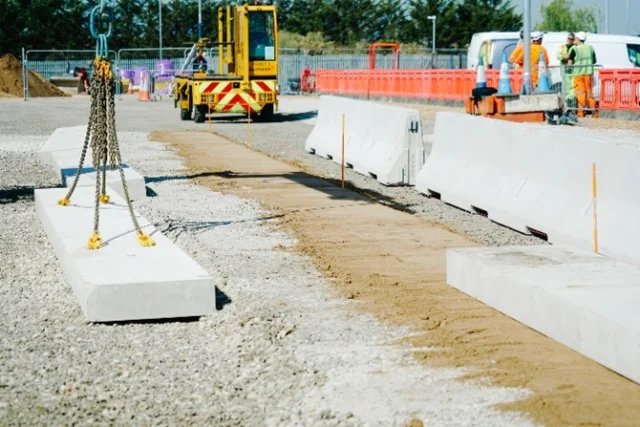
Performance Bonds: What They Are and Why You Need Them
Construction projects can be complex and risky endeavours, involving multiple parties, tight deadlines, and significant financial investments. To ensure that everyone involved is protected, it’s essential to have the right legal and financial safeguards in place. One of these safeguards is a performance bond.
In this article, we’ll take a closer look at performance bonds, including what they are, how they work, and why you need them. We’ll also answer some common questions about performance bonds and provide some tips for obtaining them.
What Are Performance Bonds?
A performance bond is a type of surety bond that guarantees that a contractor will complete a construction project according to the terms of the contract. If the contractor fails to meet their obligations, the bond ensures that the project owner will be compensated for any financial losses they incur.
Performance bonds are typically required for construction projects that involve significant financial investments and/or public funds. They are often used in government contracts, but they can also be used in private sector projects.
How Do Performance Bonds Work?
When a contractor is awarded a construction project, they are usually required to obtain a performance bond before work can begin. The bond is issued by a surety company, which is a third-party entity that agrees to pay the project owner if the contractor fails to meet their obligations.
The cost of the bond is typically a percentage of the total contract value, with the exact percentage depending on a variety of factors, including the contractor’s creditworthiness, the size of the project, and the level of risk involved.
If the contractor completes the project according to the terms of the contract, the bond will expire, and no further action is required. However, if the contractor fails to meet their obligations, the project owner can make a claim against the bond to recoup any financial losses they incur.
Why Do You Need a Performance Bond?
Performance bonds provide several important benefits for both project owners and contractors. Here are just a few reasons why you might need a performance bond:
- Protects the project owner from financial losses: If the contractor fails to complete the project according to the terms of the contract, the performance bond ensures that the project owner will be compensated for any financial losses they incur.
- Provides an incentive for the contractor to meet their obligations: Knowing that a performance bond is in place can provide an added incentive for the contractor to complete the project according to the terms of the contract.
- Demonstrates the contractor’s credibility and financial stability: Obtaining a performance bond can demonstrate to the project owner that the contractor is a credible and financially stable entity, which can help build trust and confidence in the project.
FAQs:
Q: Are performance bonds required for all construction projects? A: No, performance bonds are typically only required for construction projects that involve significant financial investments and/or public funds.
Q: Who pays for the performance bond? A: The contractor is typically responsible for paying for the performance bond, although the cost is usually passed on to the project owner as part of the overall project cost.
Q: What happens if the project owner makes a claim against the bond? A: If the project owner makes a claim against the bond, the surety company will investigate the claim and determine whether the contractor has failed to meet their obligations. If the claim is found to be valid, the surety company will pay the project owner up to the full amount of the bond.
Conclusion:
Performance bonds are an essential part of many construction projects, providing important legal and financial protections for both project owners and contractors.


